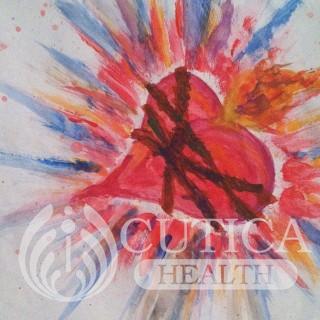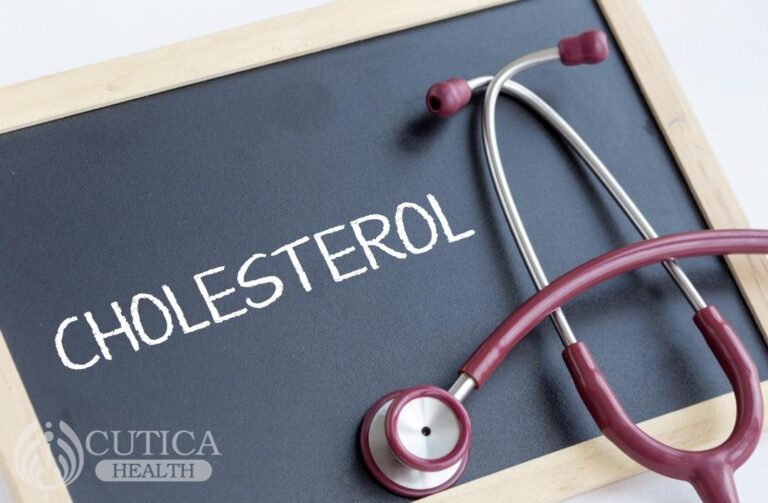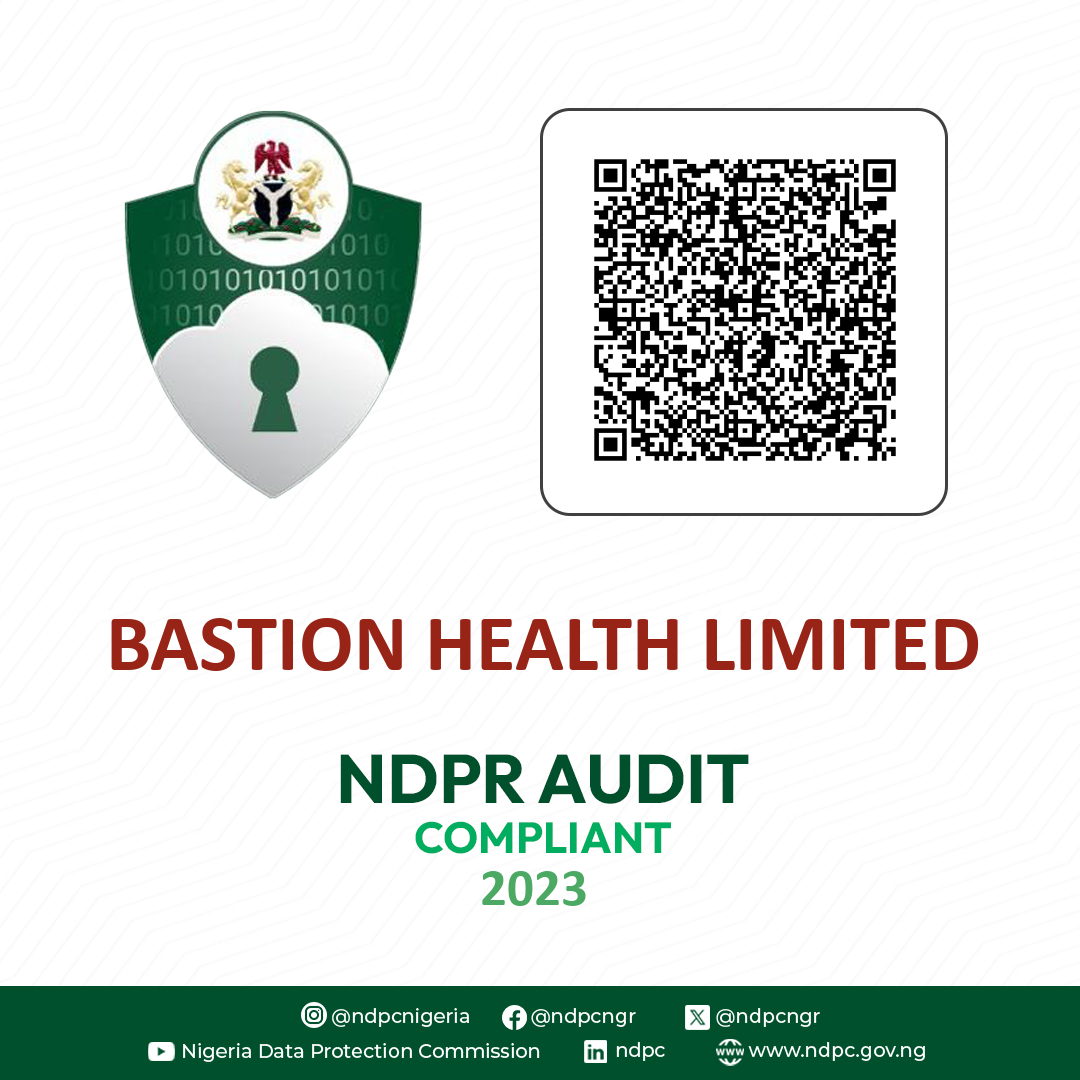What’s burning in my chest?
Reflux means flowing back. Reflux occurs when the muscular valve between the esophagus and stomach weakens and thus fails to close tightly. Frequent reflux can damage the lining of the esophagus and throat. GERD is the most frequent diagnosis of the digestive tract. If overlooked or untreated it can cause severe complications.
For the two weeks, Alpha, a 35-year-old has been having burning sensation in his chest at least 5 times every day . He also has a sore throat on most mornings but dismisses it and ties the sore throat to the early morning chilly drive to the office. Yesterday, he was woken up by the bitter taste of a liquid in the mouth. He got concerned and called his doctor.
Does Alpha have GERD?
He most likely does. The symptoms of GERD may vary, yet, the most common symptom is heartburn.
GERD can be mild, moderate, or severe. Mild GERD is when acid reflux occurs less often, causing discomfort or burning sensation on the mid-chest (heartburn). For moderate to severe GERD, heartburn may be experienced daily, with other symptoms like chest pain and difficulty swallowing.
Other symptoms include;
- Bitter taste in the mouth or excess salivation
- Nausea or vomiting
- Gum inflammation, cavities, or bad breath
- Respiratory symptoms arising from breathing in the stomach acid are; sore throat, hoarse voice or laryngitis, persistent dry cough, lumpy feeling on the throat, worsening asthma, chest congestion, or chest pain.
- Nighttime reflux can disrupt sleep.
Who is at risk?

Lifestyle and diet choices that predispose to GERD include:
- Overeating
- Lying flat or sleeping immediately after meals
- Obesity or overweight
- Excess use of spicy, fatty or citrus foods
- Excessive alcohol intake
- Smoking
- Pain or fever medication like aspirin, ibuprofen and other NSAIDs (nonsteroidal anti-inflammatory drugs)
- Medical conditions such as hiatal hernia
- Pregnancy
After the doctor’s visit, Alpha realized eating large meals, sleeping immediately after meals, and gaining a lot of weight contributed to his situation. He decided to change.
When to visit your doctor, urgently
- If GERD symptoms get worse despite trying common medications for heartburn
- Development of symptoms that suggest severe injury to the esophagus or other diagnosis such as pre-cancerous (Barrett’s) esophagus or cancer:
- vomiting blood
- difficulty or pain swallowing
- unintentional weight loss
- passage of black or bloody stool
How is GERD diagnosed and treated?

At times, when GERD symptoms and signs are typical, the doctor starts treatment without doing further tests. However, where symptoms are atypical, severe, or unresponsive to initial treatment, then the doctor can carry out diagnostic procedures. The procedures include reflux-testing, upper endoscopy, barium meal imaging, among others.
Treatment varies depending on the severity. Nevertheless, the pivotal approaches used are lifestyle changes, medication, or surgery. Surgery is an alternative only when medication and lifestyle changes do not work or when someone has a prominent hiatal hernia. GERD may be chronic, so for some people, treatment or management may be life-long. The doctor will determine the medication best for your symptoms and advise on lifestyle changes needed.










